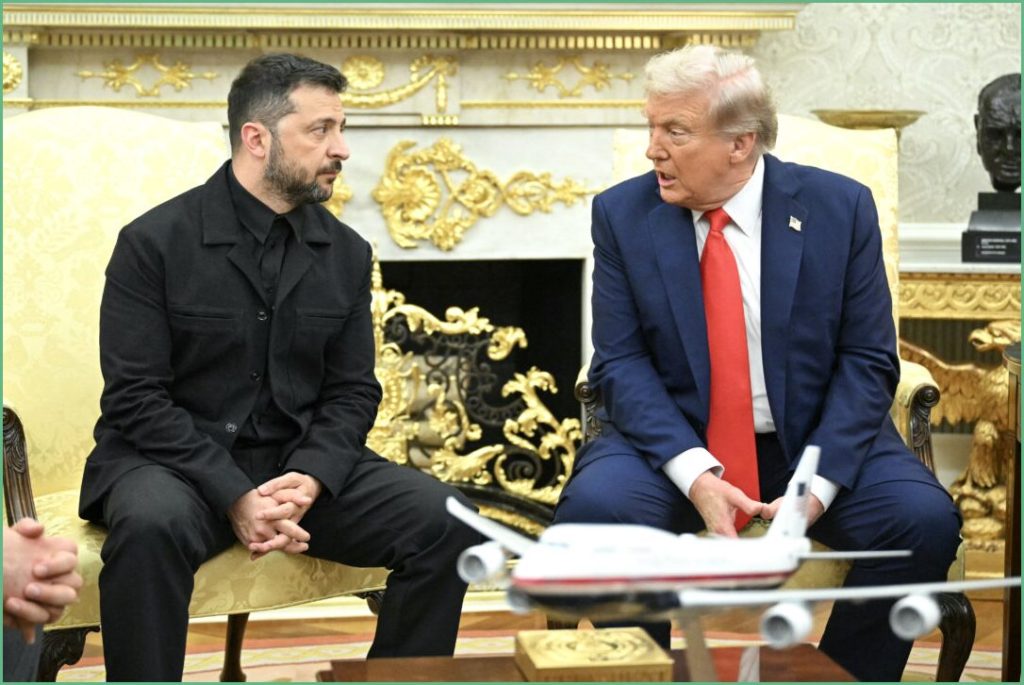Trump Follows Up With a Visit After a Long Putin Call
The visit comes a day after Trump said he had a ’very productive’ call with Putin that lasted over two hours. That timing wasn’t an accident; it was a statement that business would follow talk. Republicans see it as a leader moving quickly from conversation to concrete presence.
A day-to-day cadence like this plays to Trump’s strengths: quick decisions and visible follow-through. He prefers phone calls and face time over drawn-out diplomatic committees. Voters who want results respond to that kind of motion.
A call that stretched past two hours indicates serious subjects were on the table and a willingness to get into detail. The Republican argument is simple: lengthy, direct talks can defuse crises early and buy leverage later. That’s different from leaking and endless briefings.
Critics will rail about optics and worry about alliances, and that’s part of the conversation in a polarized media landscape. Still, supporters point to the value of direct engagement when it produces options for American negotiators. Diplomacy without results is just theater, they say.
This follow-up visit amplifies a negotiating posture: show up in person and press for enforceable outcomes. Republicans argue that presence and posture create bargaining power that paper statements do not. It signals that the White House is pursuing a clear, active agenda.
On the ground, teams will be looking to turn talk into tasks and tasks into measurable results. That means specific asks, timelines, and accountability built into any next steps. The hope among conservatives is to see real policy returns, not hollow promises.
There are also domestic angles to consider: a leader who acts decisively can recenter a thorny debate at home. Republicans want to pivot from partisan noise to tangible wins that affect security and the economy. For many, action is the metric that matters.
Skeptics will demand transparency about what was discussed and what was agreed, and those are reasonable demands. Yet the counterpoint is that some negotiations require quiet to work and that outcomes matter more than play-by-play. Conservative strategists prefer clear deliverables over constant leaks.
The strategy now shifts to verification and follow-through, not just headlines. Staffers and allied diplomats will be measured by whether they can convert a long phone call into enforceable steps. That operational grind is where foreign policy actually gets made.
Expect a flurry of behind-the-scenes coordination as teams define objectives and guardrails for any agreements. Republicans will push for mechanisms that protect American interests and ensure allies are on board. This is the stage where leverage either hardens into advantage or dissipates.
Whatever your view of the approach, one fact is unavoidable: the president set the tempo and people have to respond. The practical test will be whether this rapid sequence produces results that protect American interests. Watch for clear milestones and hard deadlines, not just more media.
At stake are concrete safeguards and economic leverage that shape long-term balance rather than short headlines. Republicans will insist on inspection, enforceability, and penalties for backsliding to make any concessions meaningful. The next moves will be technical and private, where the real work either succeeds or stalls.



